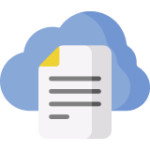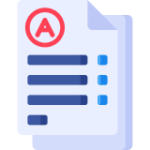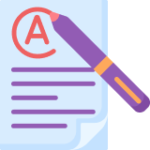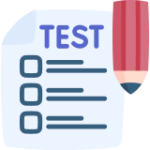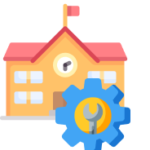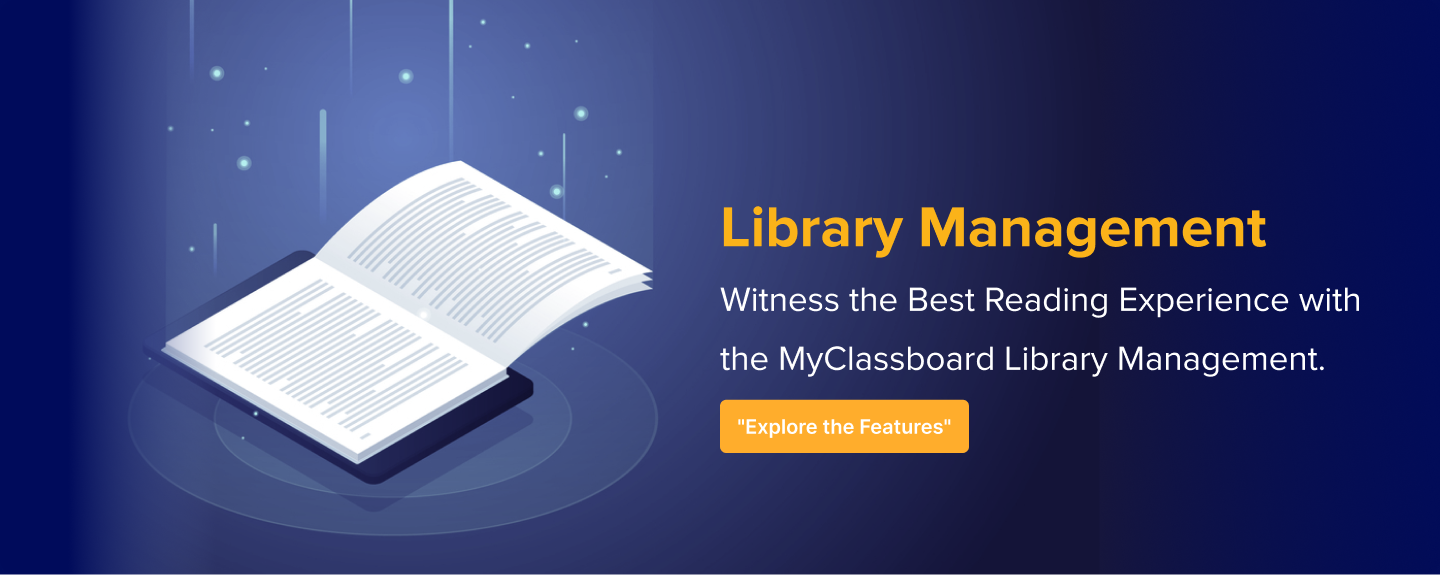3200+ Leading schools around the world



















































In a school ERP (Enterprise Resource Planning) software, library management is an important module that helps automate and streamline the operations of a school library. The library management system within the ERP software allows librarians to efficiently track, manage, and maintain the books and materials in the library. It provides features such as book cataloging, circulation management, tracking of issue and renewal details, and generating reports related to library activities
Key Features of Library Management in School ERP Software
Here are some key features of library management in school ERP software:
Create Library:
Easily add and manage libraries in your school ERP system, making it convenient for students and staff to access educational resources.
Library Categories:
Organize books and resources into specific categories, making it simpler for users to find the materials they need.
Library Publishers:
Keep a record of book publishers to track the sources and origins of the books in your library.
Library Category Type:
Define and customize category types for more precise book classification and improved organization.
Library Vendors:
Manage and track your relationships with book vendors, ensuring a seamless procurement process.
Library Languages:
Specify the languages of books in your library, allowing users to filter and search for materials in their preferred language.
Create Maximum Books:
Set limits on the number of books available in your library, ensuring efficient resource allocation.
Create Library Fine Amounts:
Establish fines for overdue books, encouraging timely returns and responsible book borrowing.
Generate Library Book Barcodes:
Implement a barcode system for quick book checkouts and returns, improving library efficiency.
Library Book Return Days Settings:
Configure return days and loan durations to meet your school's policies and encourage timely book returns.
Digital Library:
Integrate a digital library feature for electronic resources and e books, expanding access to digital educational materials.
By incorporating these features into your school's ERP software, you can enhance library management, streamline book cataloging and tracking, and provide a comprehensive educational resource management solution for your institution.
Benefits of Library Management in School ERP Software
Implementing library management in a school ERP software offers several benefits, including:
Streamlined Operations:
The automation of library processes reduces manual effort and streamlines operations. Librarians can easily manage book circulation, cataloging, and other tasks, saving time and improving efficiency.
Enhanced Accessibility:
The library management system provides easy access to the library's collection for students, staff, and other users. The search functionality and online catalog make it convenient to find and request books.
Improved Resource Utilization:
The ERP software helps optimize resource utilization by providing insights into book usage, popular books, and demand patterns. This information can be used to make informed decisions about book procurement and resource allocation.
Accurate Tracking and Reporting:
The system accurately tracks book circulation, overdue books, fines, and other library activities. Librarians can generate reports and analytics to monitor library performance and make data driven decisions.
Integration with School Processes:
The integration of the library management module with other modules of the ERP software ensures seamless information flow and avoids duplication of data. For example, student borrowing records can be linked to their profiles in the student information system.
Cost and Time Savings:
By automating manual tasks and reducing paperwork, the library management system saves costs and time for both librarians and library users. It eliminates the need for manual record keeping and reduces the chances of errors.
Overall, library management in school ERP software helps create an organized and efficient library environment, benefiting both librarians and library users.
Conclusion
Library management is an essential component of school ERP software. It automates and streamlines various library operations, including book cataloging, circulation management, fine management, and reporting. Implementing library management in an ERP software offers numerous benefits such as streamlined operations, enhanced accessibility, improved resource utilization, accurate tracking and reporting, integration with other school processes, and cost and time savings. By leveraging the features of library management in school ERP software, schools can create a well managed and efficient library environment for their students and staff





